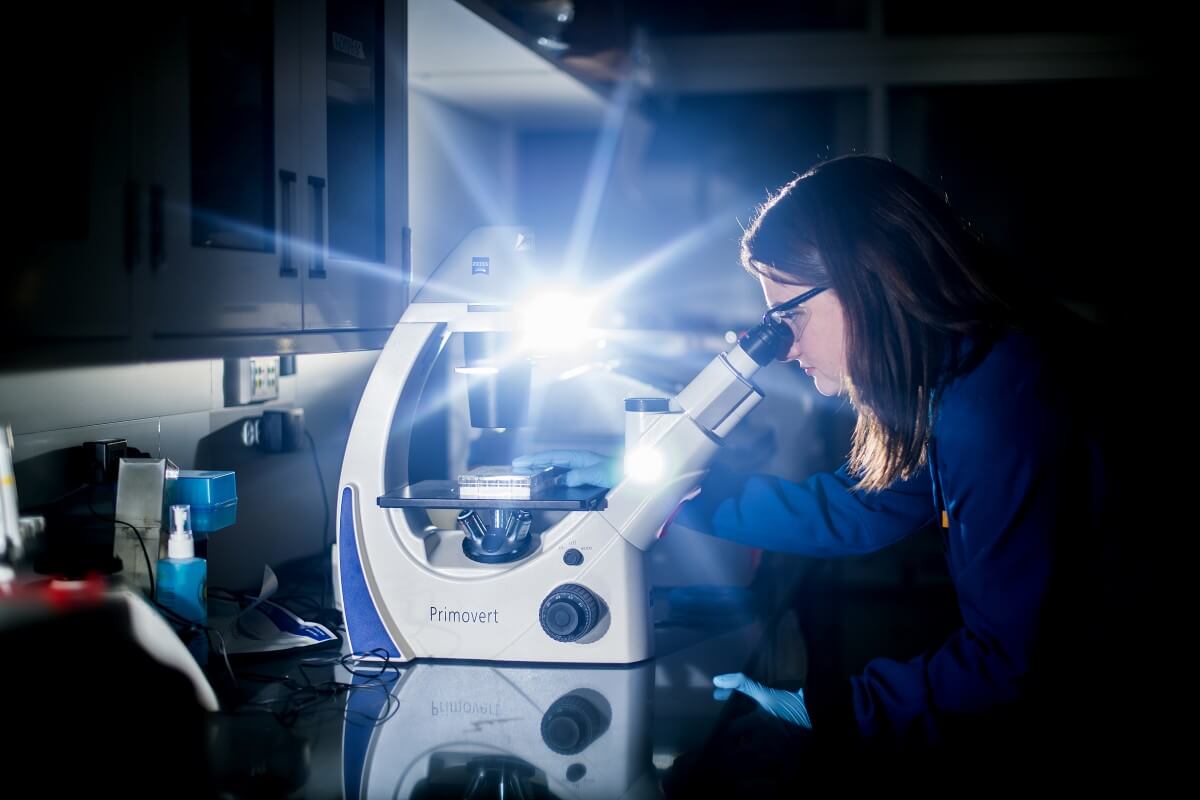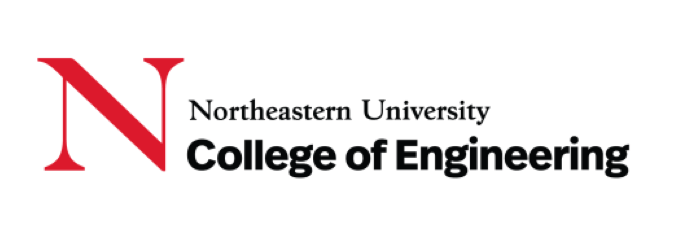“Research is to see what everybody else has seen, and to think what nobody else has thought.” – Albert Szent-Gyorgyi
Innovative engineering is at the forefront of global progression. From inventing smart devices and expanding network capacities to transform how people live and work, to developing medical treatments that cure diseases, engineering research is fundamental to every aspect of today’s world.
Without engineering, the modern day would be a very different place. Research in the field enables us to continuously push the bounds of innovation to new heights to address the complex and ever evolving challenges facing society.
Engineering research has allowed us to build infrastructure that can withstand extreme environmental conditions, communicate with people on the other side of the world through the click of a button, and even overcome external threats to our survival through medicine and biomedical understanding.
To give you a picture of how central engineering research is to our lives today, let’s take a look at what would be different if the field didn’t exist.
The city skylines that represent 21st Century living would be nowhere in sight as École Centrale Paris student, William Le Baron Jenney would never have built the first skyscraper; electrical engineers would never have discovered the potential for electrical light that is so fundamental to our modern lives; and we wouldn’t be able to solve the countless medical problems that are more than skin deep without X-Ray machines and MRI scans.
It’s clear that engineering research has profoundly shaped the world – but the most exciting breakthroughs are yet to come as researchers progress towards a more technologically-advanced and sustainably-inclined future, inventing the next generation of robots, security screening systems, wireless technologies and medical devices, to name a few.
Northeastern’s College of Engineering is committed to this goal with a strong culture of graduate research that progresses the industry forward. Graduate students get the unique opportunity to study in a forward-thinking research environment which invests in state-of-the-art facilities, and where collaboration across the university and with industry, government, and academia allow students to find influential solutions to pressing global issues.

The new ISEC. Source: Northeastern University, College of Engineering
A new six-story Interdisciplinary Science and Engineering Complex (ISEC) was recently constructed and stands as an architectural marvel, specifically designed to spur cross-cutting collaborative and convergent research at the university and with partners. Northeastern is located in the heart of Boston—the U.S.’s hub for high tech, biotech, leading research hospitals, and academia.
“I valued the discussions with cross-disciplinary research teams, sharing ideas, and forming collaborations,” said Chemical Engineering PhD Student, Meryem Pehlivaner. “It is great to work with an interdisciplinary team. It improves the quality of research and shortens the project timeline.”
This institution is known to be top-tier for research. Its five engineering departments — Bioengineering, Chemical Engineering, Civil and Environmental Engineering, Electrical and Computer and Engineering, Mechanical and Industrial Engineering — offer the full-scale of MS and PhD programs, each adopting an innovative, interdisciplinary and experiential approach to teaching and research.
For example, the graduate program in chemical engineering offers students the opportunity to work on the latest innovations in areas such as biomedicine, energy, security and sustainability. “The overarching goal of this rich research and educational experience is to mentor and equip our students to become future leaders in engineering and science, while simultaneously promoting scholarly achievement for both the faculty and students,” said the university.
Bioengineering is a progressive field with growing demand as medical, population, and environmental needs become ever more important. This field is also inherently interdisciplinary and offers master’s and PhD students extensive research opportunities encompassing the entire breadth of biological and biomedical engineering.
“The program has allowed me to bridge the gap between various types of life sciences and engineering. While research is the main priority in a PhD program, the benefits I have gained from the bioengineering coursework have exceeded my expectations,” said PhD Bioengineering graduate, Alexander Orsi.
With US$60 million research funding granted to the engineering college per annum, there are plenty of opportunities to engage with a range of projects across federally funded multi-institutional research centers and several multidisciplinary research initiatives, working alongside more than 170 highly accomplished faculty in state-of-the-art laboratories.
Much more than just a theoretical education, graduate students are also encouraged to take their research beyond the laboratories into the real-world environment – and that’s exactly what Computer Engineering PhD student Alek Razdan did.

Alek Radzan’s expedition in the Antartic Ocean. Source: Northeastern University, College of Engineering
On a two-month expedition in the Antarctic Ocean, Razdan deployed an autonomous underwater vehicle as part of an international climate change research project. Joined by a group of climate change scientists and engineers, they measured the underside of sea ice sheets to understand why sea ice appears to be expanding in the Antarctic and shrinking in most other places on Earth.
The findings of the expedition were later published in Science Robotics, allowing Razdan to make a real-world impact in computer engineering and climate change – a key outcome for research in the department, whether that’s through published papers or otherwise budding start-ups through Northeastern’s vibrant entrepreneurial ecosystem.
Northeastern is unique in that engineering master’s and doctoral students have the opportunity to get up to eight months of paid industry or research experience as part of the academic program through an innovative cooperative education program with 3000 employer partners. Students in several master’s degree programs can also choose to complete their program by pursuing a thesis option.
Additionally, according to the university, “Northeastern is one of the only universities in the world to offer students options for learning and pursuing research outside of their primary research group in all of its doctoral programs. These real-world placements are highly flexible and customizable to the needs of the student.”
By studying at Northeastern’s College of Engineering, you’ll be part of an innovative and progressive academic community which is passionate about moving the industry towards new horizons. Graduating with both academic excellence and polished research skills, you’ll be ready to continue pushing your career and the world towards a brighter future.
Follow Northeastern University’s College of Engineering on Facebook, Twitter, LinkedIn and Weibo
Liked this? Then you’ll love…
Engineering your success: Schools that blend Engineering with enterprise
Northeastern University engineers your success with multidisciplinary graduate degrees











